Rachel Lindsay Is Leaving The "Toxic" Universe Of "The Bachelor," And I Am So Happy For Her
- Oops!Something went wrong.Please try again later.
In a first-person essay for Vulture, Rachel Lindsay leaves no stone unturned in describing the toxicity and racism of the "Bachelor" fandom, feeling like a "token" in the franchise, and the complicity of the producers behind the scenes.
Rachel has previously been vocal about the racism within the franchise, calling out how The Bachelorette treated contestants of color and putting a spotlight on Bachelor contestant Rachael Kirkconnell's participation in an antebellum-themed party (as well as former Bachelor host Chris Harrison's very terrible response to it).
We've rounded up some of the highlights of her article detailing her experiences below:
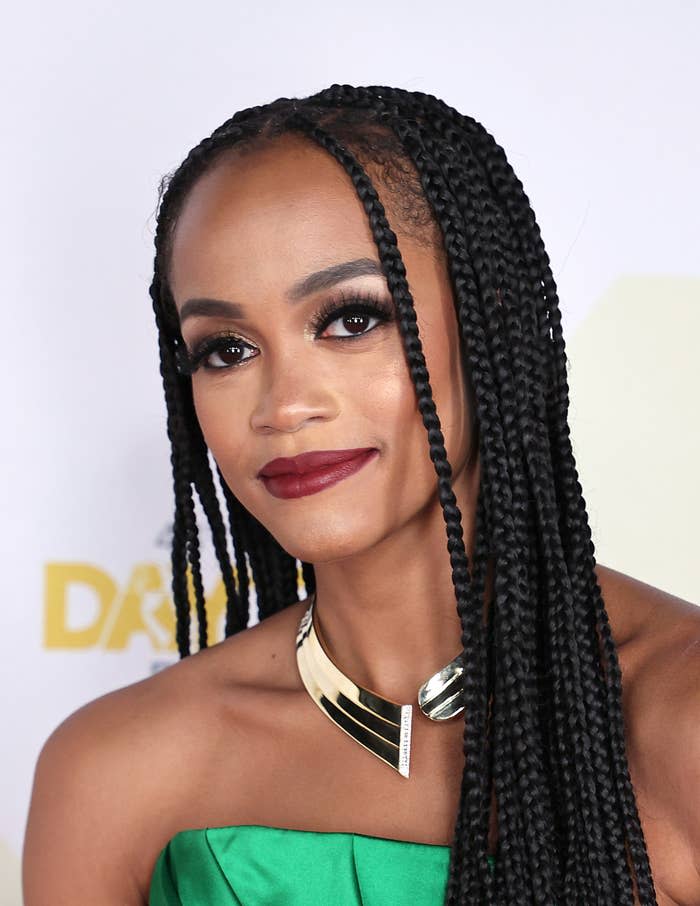
1.Rachel said she was known as "the contestant who was always starting trouble," adding that people described her as "That Rachel Lindsay" and "Bachelor Nation’s public enemy No. 1."
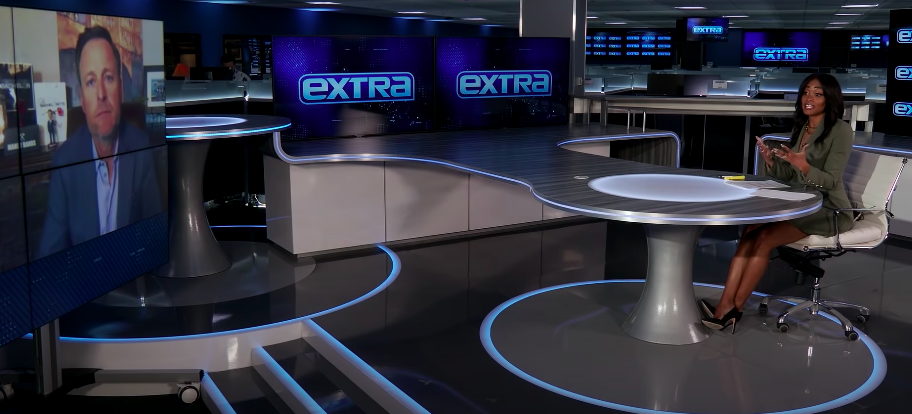
2.She continued that she felt she had to be a "good Black girl, an exceptional Black girl," and someone that was digestible to a majority-white audience. "I was a token until I made sure I wasn’t."
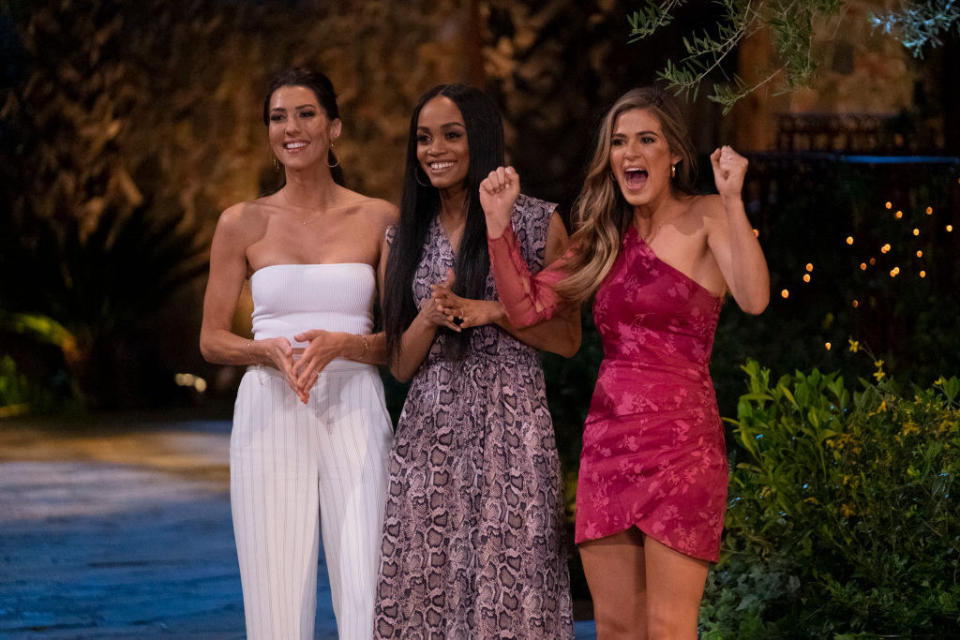
3.On multiple occasions, scenes would be staged that played into stereotypes, such as one with co-contestant Vanessa Grimaldi (who she is now friends with). Rachel said the scene's setup made her feel that her "Blackness was on display. I knew the audience was going to look at me as an angry Black female."
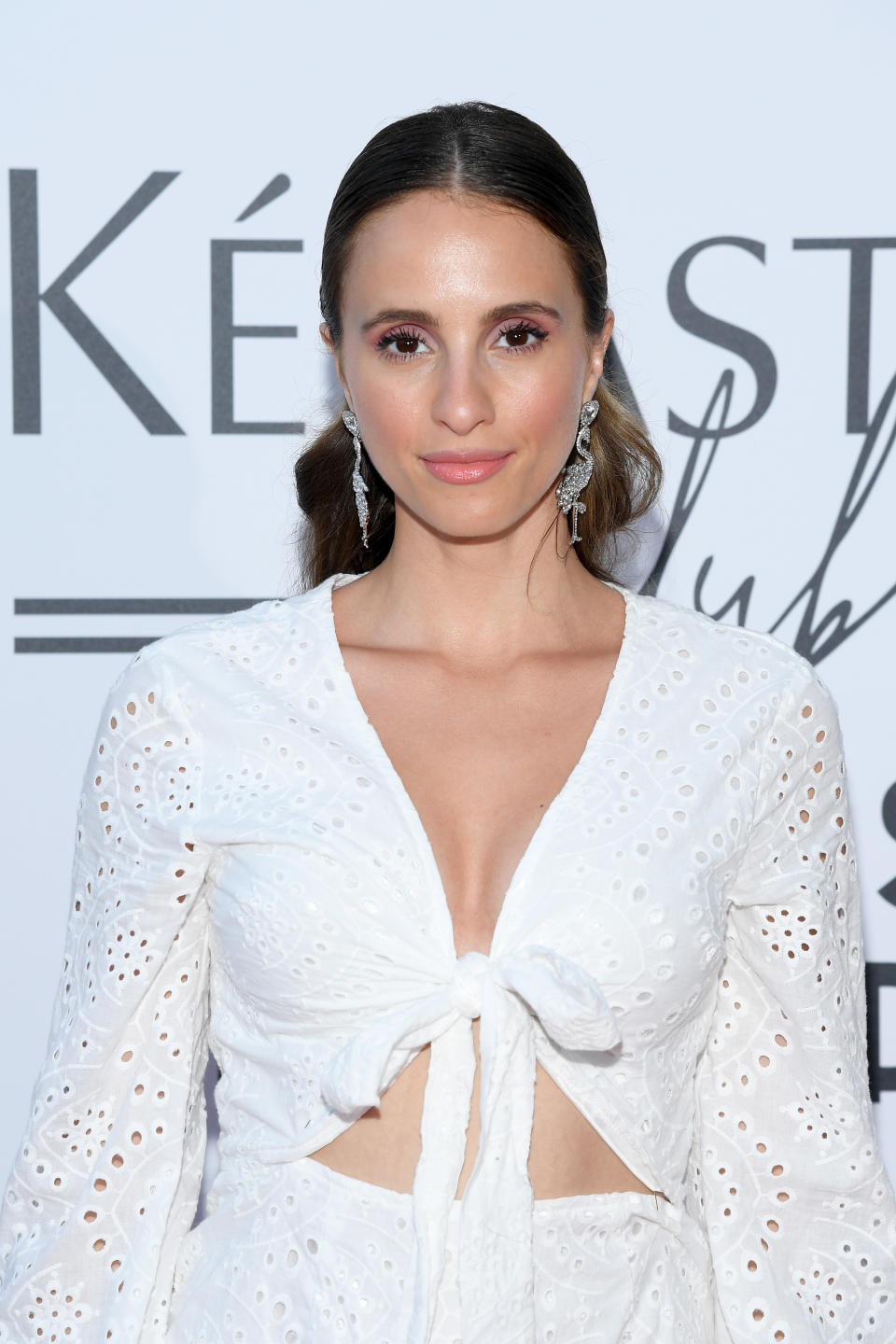
4.In her season, the producers opted for storylines that centered drama around race, including casting Black contestants who weren't interested in dating Black women.
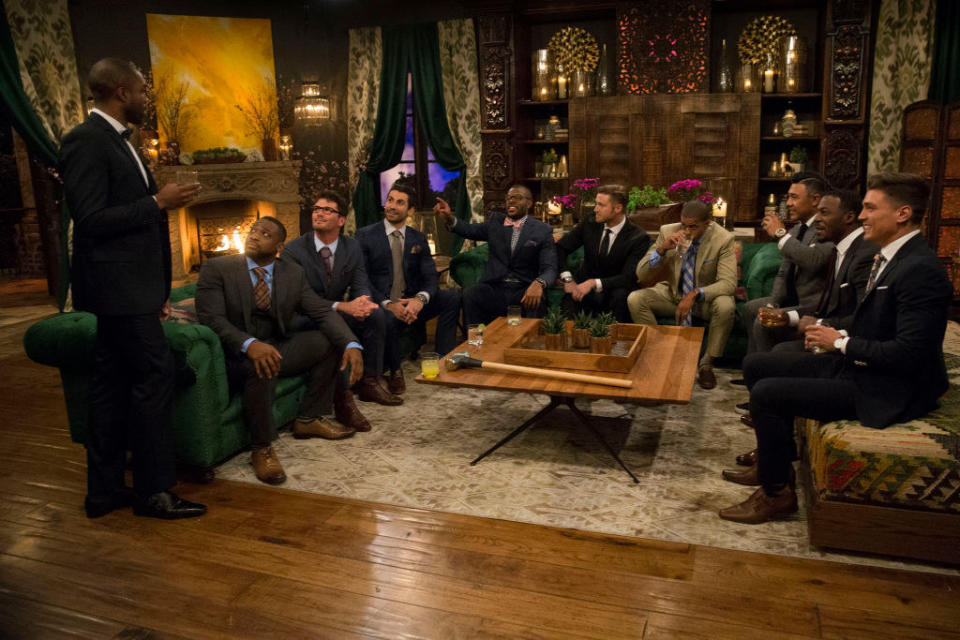
5.She continued that the show's producers choice of racism as a storyline device seemed exclusively reserved for her: "There’s always one storyline that causes drama each season, and for their first Black lead, they allowed it to be a racist one. They chose the low-hanging fruit. It told me everything I needed to know."
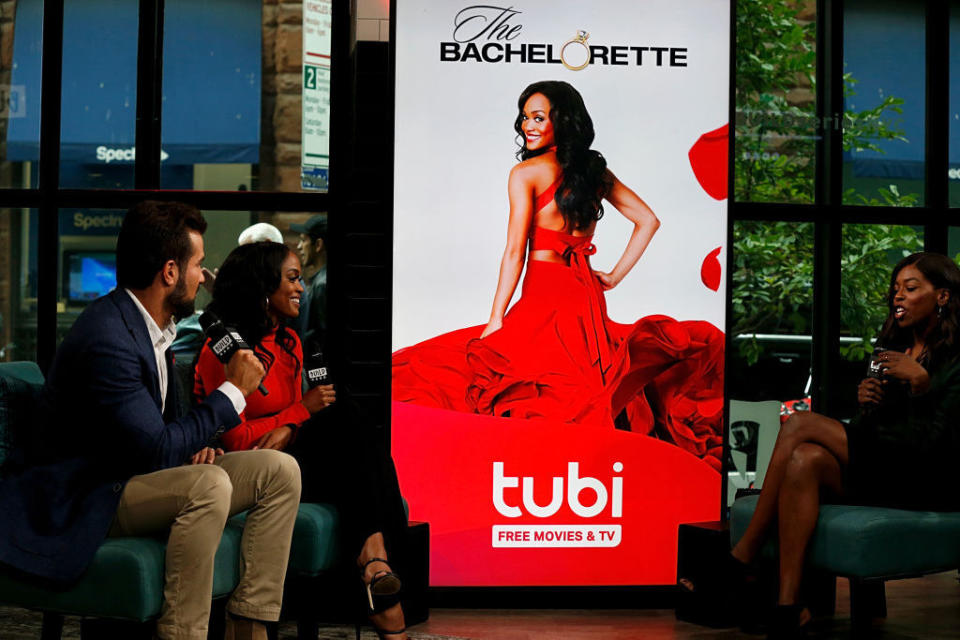
Rachel describes one of the contestants on her season of The Bachelorette, Lee Garrett, who had "no experience with Black people" and who often instigated fights with the Black male contestants on the show. She said the producers willingly brought him on knowing he was ignorant and "to see what could happen."
6.Rachel wrote that she "had nobody to talk to," had to navigate being the first Black lead, as well as guide the producers on what it was like to coordinate hosting the first Black lead.
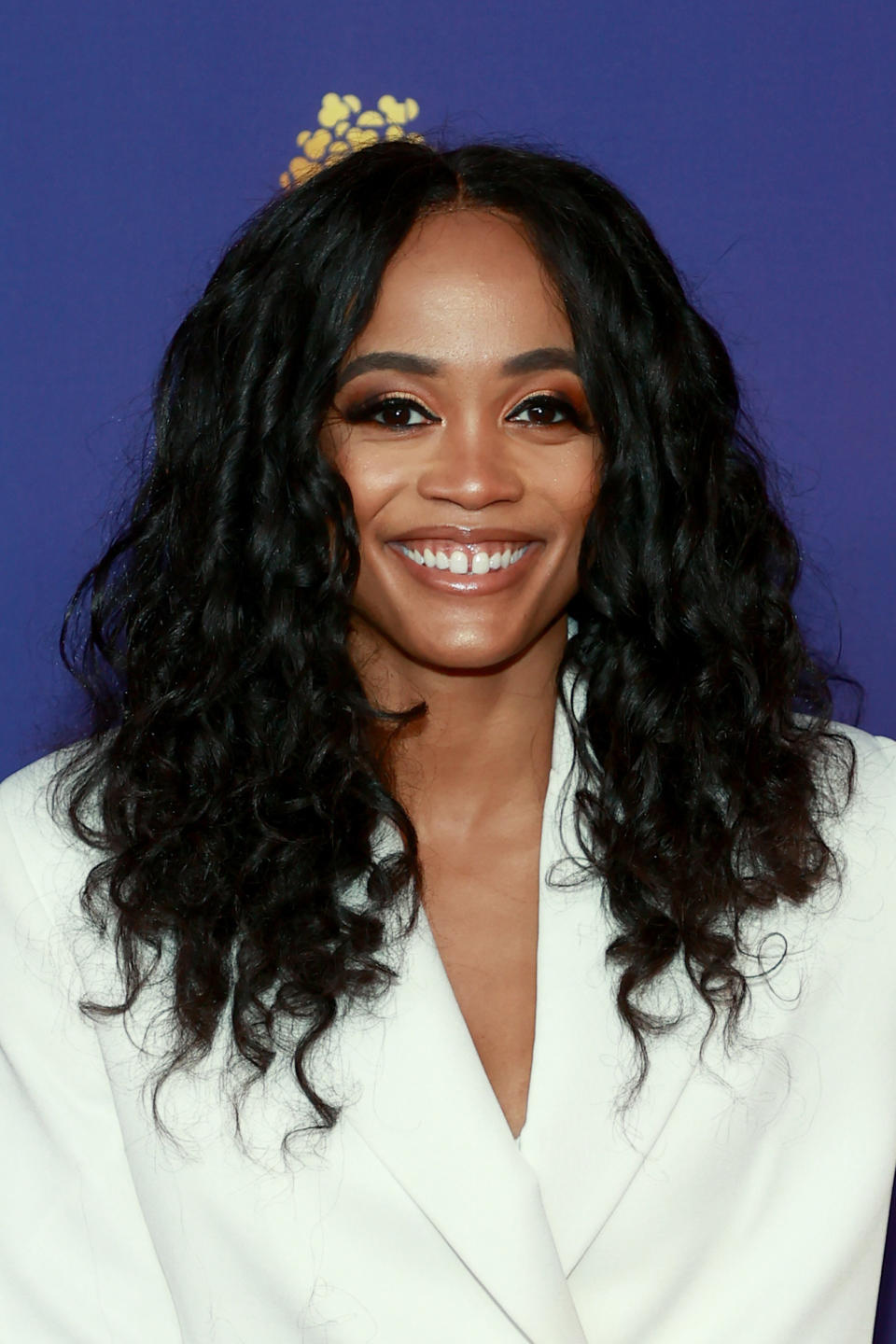
"But the glaring reality was that I was alone," she wrote. "When I signed up, I knew I was alone. When I cried in that moment, I knew I was alone. And when I stopped crying, I knew I was alone. My tears weren’t going to conjure up Black producers to help me along this journey."
7.She continued that the franchise had spent nearly 20 years cultivating a toxic audience, giving it a certain mold of contestant that is a "midwestern/southern white, blonde, light-eyed Christian." She explained, "There is a Bachelor Nation, and there is a Bachelor Klan."
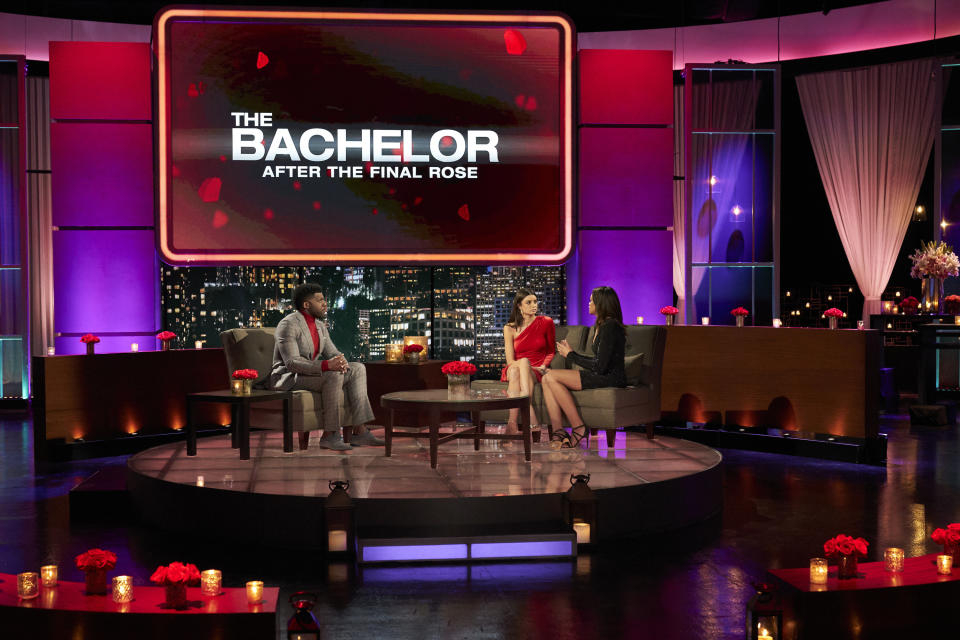
"Bachelor Klan is hateful, racist, misogynistic, xenophobic, and homophobic. They are afraid of change. They are afraid to be uncomfortable. They are afraid when they get called out."
8.Lastly, while Rachel said she doesn't regret being the Bachelorette, there are some storylines she would have navigated differently throughout her season. As of now, she will no longer affiliate with the franchise: "I am no longer a figurehead. I am no longer a spot-filler. I am no longer the face of what is diverse."
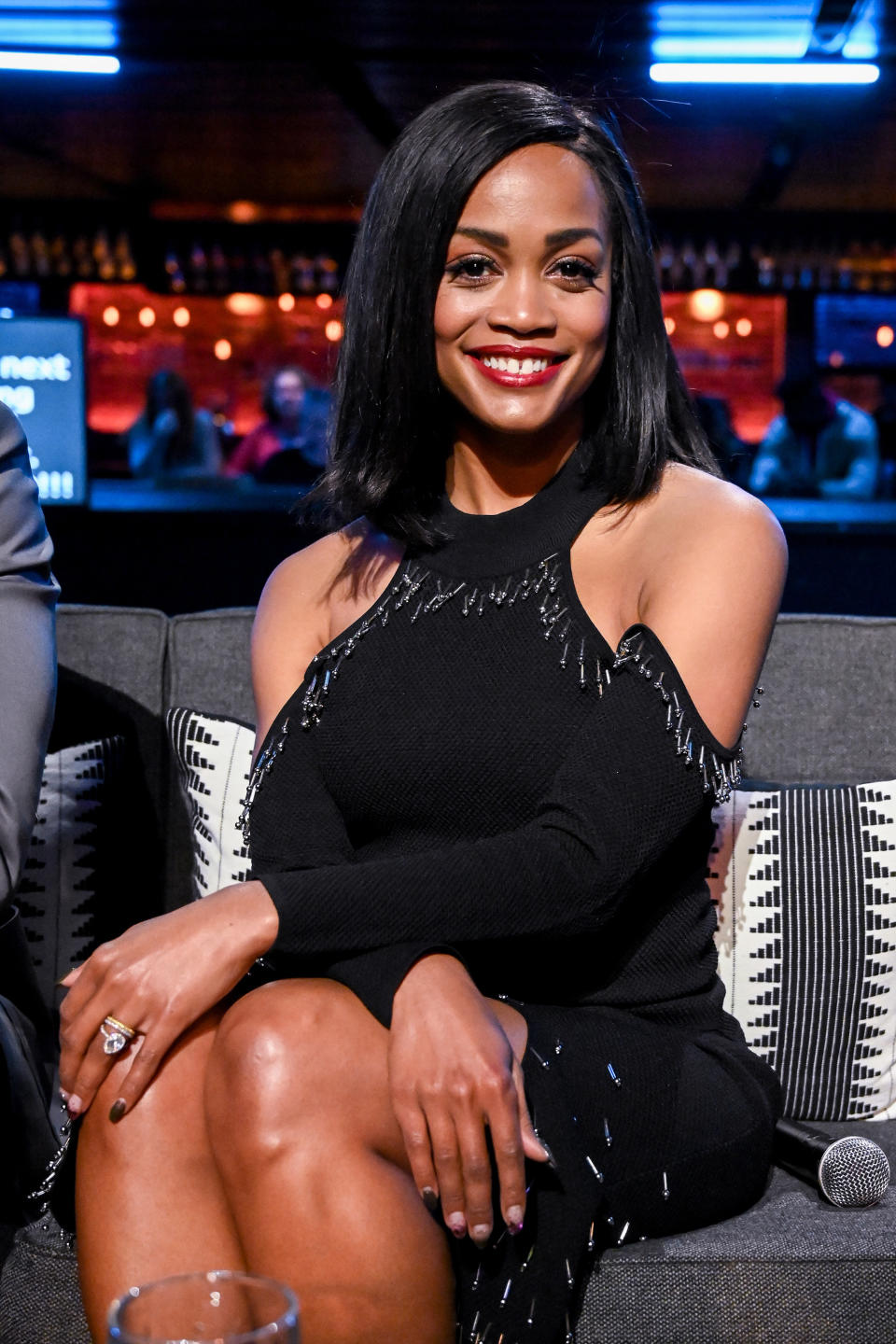
After publication, Rachel called out Vulture in an Instagram post, saying the article's headline was not representative of her feelings or words: "For me, it is very disappointing and disrespectful that the very notion I was trying to refute was used against me by the publication for a clickbait headline. My truth and my thoughts are told on the inside of the magazine which I am very proud of and hope you all read."

